For our “Do One Thing” series, I talked to Maryn Wynn from Shoreline Solar Project. She’s also the coordinator for NW Solarfest, which takes place on Saturday, July 23rd, from 10AM to 5PM at Shoreline Community College.
RICHARD: Welcome Maryn! I understand that Shoreline Community College offers a clean energy program. Can you tell us about that?
MARYN: The Clean Energy Technology and Entrepreneurship program prepares graduates with the theoretical and practical knowledge necessary for careers in firms that manage, design, build, market or operate clean energy technologies in the built environment. The program focuses on clean energy technologies and practices that can achieve (or approach) “Net Zero Energy” in buildings.
The 45 credit Certificate of Proficiency represents the technical core of practices and technologies in Clean Energy Technology. This includes work in solar electric energy systems, building science, building efficiency, and high performing systems.
The 90 credit Clean Energy Technology and Entrepreneurship 2-year associate degree expands on the certificate program. Like the certificate, the associate degree provides students with a background in solar electric energy systems, building science, energy efficiency in buildings, and high performing building systems.
RICHARD: What made Shoreline create this program and how old is it?
MARYN: The program was started in 2009 in order to meet industry demand and train a highly skilled workforce for the growing clean energy industry.
RICHARD: How can people learn more about this program?
MARYN: Contact the Clean Energy Technology program director at (206) 546-4567 or visit the program website at www.shoreline.edu
RICHARD: Since the college teaches students about clean energy, what are the easiest changes people can make that are affordable to save energy?
MARYN: Think about your energy use. Think about all those electronic gadgets you use. Those little black boxes that are plugged into the wall use electricity all of the time. They are known as phantom loads or vampire loads. Their function is to convert the AC electricity coming out of the wall into DC electricity that your device uses. Notice how they are warm. They are always producing electricity. Think about unplugging them. And save energy.
RICHARD: I heard that you coordinate Northwest Solarfest. Can you tell us about that event?
MARYN: NW SolarFest is a renewable energy and sustainable living fair that brings people together to share information about sustainability. This year’s theme is “Take good care of our planet, it’s the only one we have”. This event started in 2004 to celebrate and educate people about the City of Shoreline’s first solar electric system on a public building. This event brings businesses, nonprofits, government agencies and utilities together in a festival atmosphere and takes place on the campus of Shoreline Community College. Some of the highlights of this year’s events are workshops by the NW EcoBuilding Guild hourly throughout the day, the Seattle Barter Fair from 2-4, the Trash Fashion show with a twist, as all the trash fashions are model by dogs, the Transportation zone which will display the latest in electric vehicles, a fun KIDZone with live voltage demonstrations, solar car racing, the insect man and much more. And be sure to enjoy the food and entertainment.
RICHARD: Does solar power work in the northwest with all the cloud cover?
MARYN: Yes, solar works in the Pacific NW. We make up for our winter cloud cover through our long summer days. Solar panels produce electricity more efficiently in our cooler weather and the rain actually helps keep our panels clean. Germany is a world leader in solar power—and Seattle gets 15% more solar irradiance than Germany.
RICHARD: What other renewable energy sources can people learn about at Northwest Solarfest?
MARYN: People will learn about solar thermal which is typically used for heating hot water, some new solar technologies such as air2water which extracts clean water from the air with solar and some wind education though wind is not used to generate power in urban area. People will learn that conservation is the first step when thinking about renewables, to not produce energy that is unused or wasted. We will also see the best renewable energy of all, the people in businesses, government, nonprofits and in education that are working hard to help us take care of our only world.
RICHARD: If you had to give our listeners one thing they could do for the planet, what might be a couple of suggestions?
MARYN: Start with one thing and just do it. Come to NW SolarFest and decide what your one thing will be. My one thing today is avoiding the use of plastic. Different kinds of plastic can degrade at different times, but the average time for a plastic bottle to completely degrade is at least 450 years. It can even take some bottles 1000 years to biodegrade! 90% of bottles aren’t even recycled. Bottles made with Polyethylene Terephthalate (PET or PETE) will never biodegrade.
RICHARD: Finally, how can people learn more about Northwest Solarfest?
MARYN: Check out our web site, www.NWSolarFest.org or write us at info@NWSolarFest.org
RICHARD: Thanks Maryn!
More from Richard J. Dalton’s Blog
Twitter: @RichardJDalton
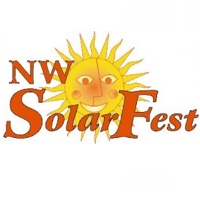
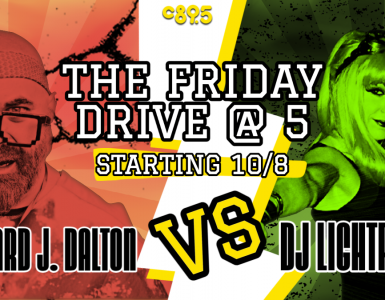
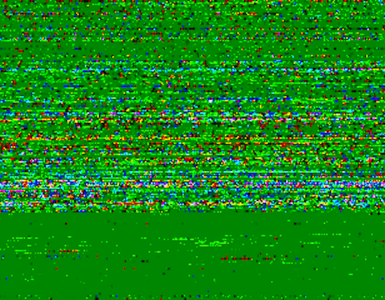
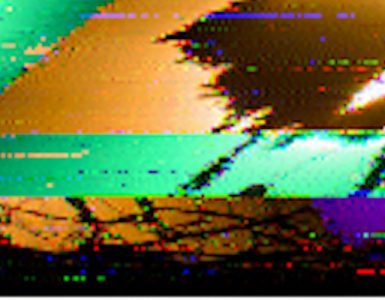
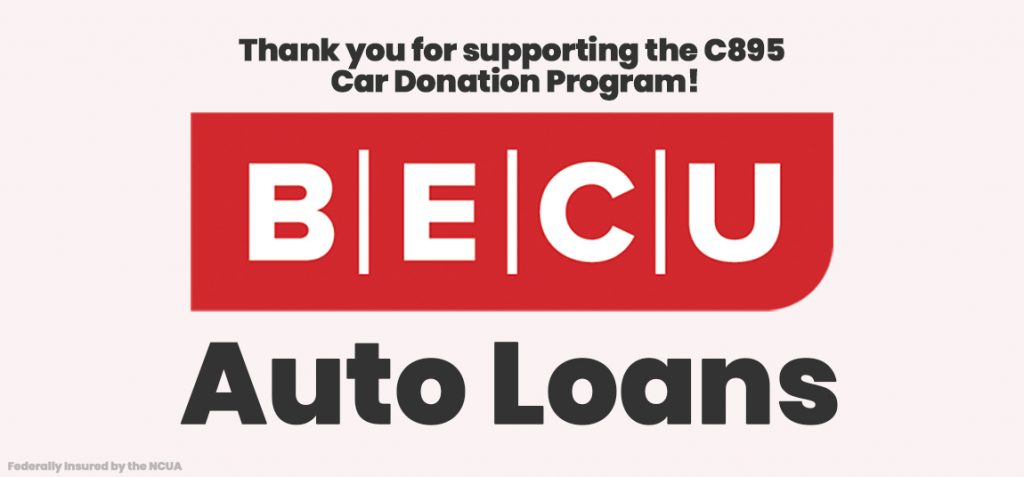



Follow C89.5